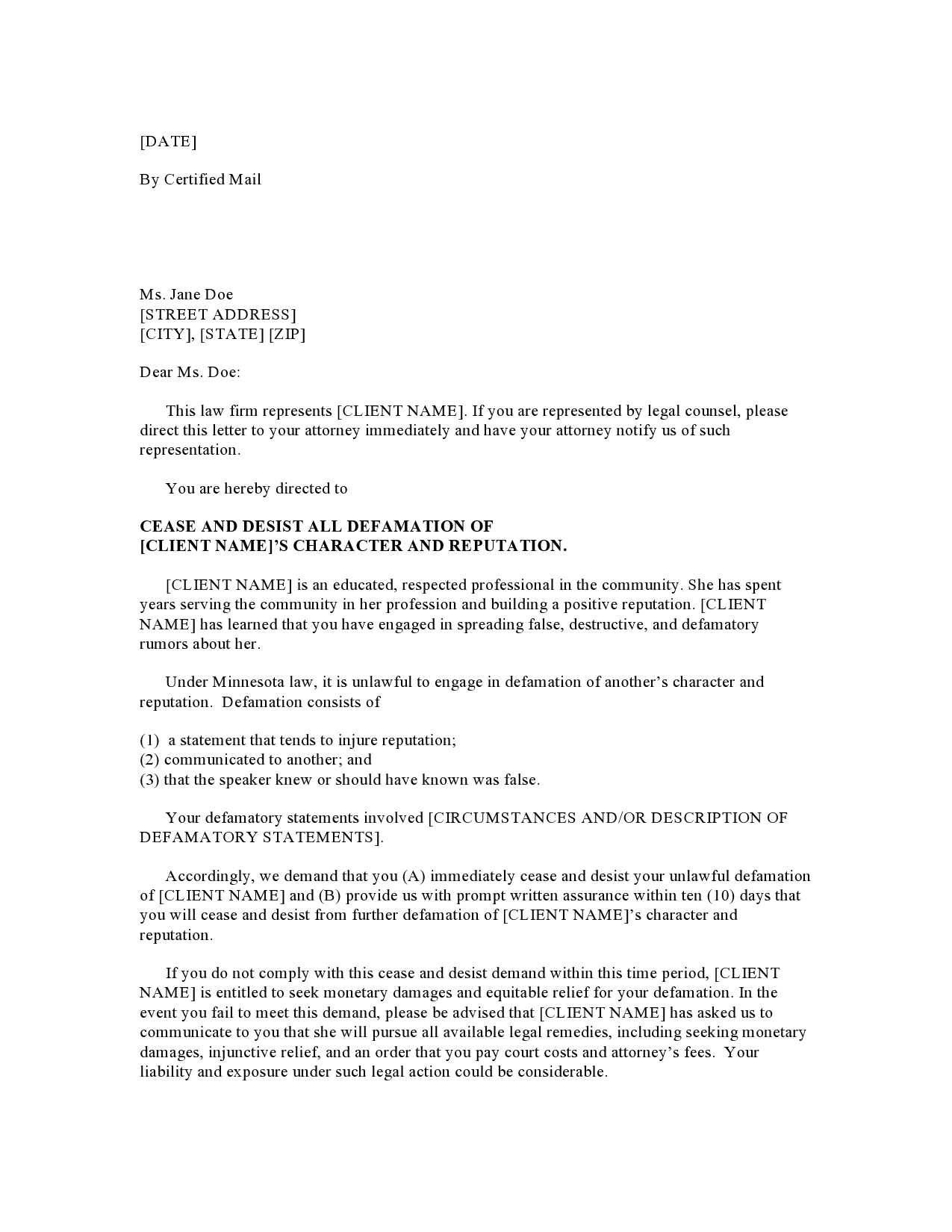In today’s interconnected world, where information travels at lightning speed, the concept of “defamation of character” has become increasingly significant. Whether you are an individual or a business, safeguarding your reputation is crucial. This article delves into what defamation of character entails, its legal implications, and how you can protect yourself from false claims.
Key Takeaways
- Defamation of character involves false statements that harm someone’s reputation.
- There are two main types: libel (written) and slander (spoken).
- Legal action can be taken to seek damages if defamation is proven.
- Understanding the defenses against defamation claims is essential.
What is Defamation of Character?
Defamation of character refers to the act of making false statements about someone that result in harm to their reputation. This can manifest in two forms: libel and slander. Libel refers to written or published defamatory statements, while slander involves spoken words. Both forms can have devastating effects on an individual’s personal and professional life.
The Legal Definition

Legally, defamation is considered a civil wrong or tort. For a statement to be deemed defamatory, it must be:
- False: The statement must be untrue.
- Published: The statement must be made to a third party.
- Injurious: The statement must harm the subject’s reputation.
- Unprivileged: The statement must not fall under privileged communication, such as in courtrooms or legislative debates.
Types of Defamation: Libel and Slander
Libel
Libel involves defamatory statements made in a fixed medium, primarily written words. This includes newspapers, books, online articles, and social media posts. The permanence of libelous statements often makes them more harmful, as they can be repeatedly accessed and shared.
Slander
Slander, on the other hand, pertains to transitory statements, typically spoken. It can occur during speeches, conversations, or broadcasts. Because slanderous statements are fleeting, proving them can be more challenging than libel, often requiring witness testimony or recordings.
The Impact of Defamation
The repercussions of defamation can be severe, affecting both personal and professional spheres. Individuals may face social ostracism, emotional distress, and loss of career opportunities. Businesses can suffer from loss of customers, diminished brand value, and financial setbacks.
Legal Recourse for Defamation

If you believe you have been defamed, legal action is a viable option. Here’s how you can proceed:
Gather Evidence
Collect all relevant evidence, including written statements, audio or video recordings, and witness testimonies. Documentation is crucial in building a strong case.
Consult a Legal Professional
Seek advice from an attorney specializing in defamation law. They can guide you on the strength of your case and potential outcomes.
File a Lawsuit

If advised, you can file a defamation lawsuit seeking damages for the harm caused. The court will assess whether the statement meets the criteria for defamation and determine the compensation.
Defenses Against Defamation Claims
Not all defamatory statements are unlawful. Defendants can employ several defenses, including:
- Truth: If the statement is true, it cannot be considered defamatory.
- Opinion: Statements of opinion, rather than fact, are generally protected.
- Privilege: Certain communications, such as those in legal proceedings, are protected from defamation claims.
- Consent: If the plaintiff consented to the publication of the statement, they cannot later claim defamation.
Preventing Defamation
To protect yourself from defamation, consider the following strategies:
Monitor Your Online Presence
Regularly check your online profiles and mentions. Promptly address any false information.
Communicate Clearly
Maintain clear and open communication with clients, customers, and colleagues to prevent misunderstandings that could lead to defamation.
Legal Preparedness
Have a legal strategy in place, including access to legal counsel, to address potential defamation swiftly.
Defamation of character is a serious issue that can have lasting impacts on individuals and businesses alike. By understanding the nuances of defamation law and taking proactive measures to protect your reputation, you can mitigate the risks associated with false statements. Whether you are facing defamation or wish to prevent it, being informed is your best defense.
In a world where information is power, ensuring the truth prevails is paramount. Stay vigilant, stay informed, and protect your good name.